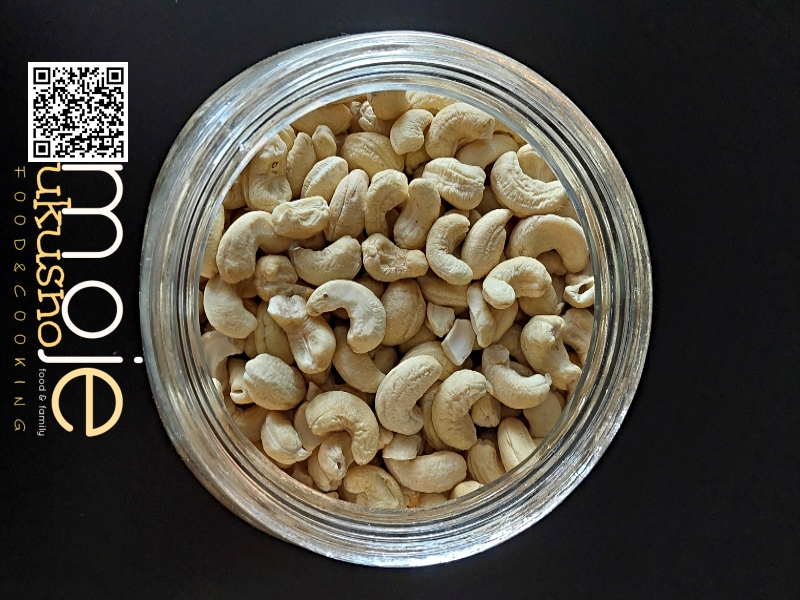Vegan nutrition is becoming an increasingly popular choice for people who want to change the way they eat and become more aware of the impact their diet has on the environment and animals. However, before deciding to switch to a vegan diet, it is important to know all the aspects involved in this way of eating. In this article, we will discuss everything you need to know about vegan nutrition.
What is a vegan diet?
A vegan diet is based on the complete elimination of animal-derived foods from the diet. This means that vegans do not eat meat, fish, dairy products, eggs, or any other animal-derived products. Vegans rely on plant-based foods such as fruits, vegetables, grains, legumes, nuts, and seeds to meet all their nutritional needs.
What are the nutritional challenges of a vegan diet?
One of the biggest challenges of a vegan diet is ensuring adequate intake of protein, vitamin B12, iron, calcium, and omega-3 fatty acids. These nutrients are present in animal-derived foods and it is often difficult to obtain sufficient amounts of these nutrients in a vegan diet. However, these nutritional challenges can be overcome through proper meal planning and consumption of a diverse range of foods.
How to plan meals in a vegan diet?
To ensure adequate intake of all necessary nutrients in a vegan diet, it is important to plan meals in advance. Meal planning allows you to ensure that you are consuming enough protein, vitamins, and minerals that are necessary for optimal health. It is also important to choose a variety of foods to obtain all necessary nutrients.
What are the health benefits of a vegan diet?
A vegan diet can have a range of health benefits, including a reduced risk of heart disease, diabetes, high blood pressure, and some types of cancer. Additionally, a vegan diet can contribute to weight loss, improved metabolism, and reduced cholesterol levels.
How to properly prepare for a vegan diet?
Before switching to a vegan diet, it is important to prepare properly. This includes incorporating different types of plant-based foods into your diet before completely eliminating animal-derived foods. Additionally, it is important to research and find vegan recipes to ensure that you are consuming enough nutrients. Consulting with a nutritionist can be of great help in this process.
What are the substitutes for animal-derived foods in a vegan diet?
There are many substitutes for animal-derived foods that can be used in a vegan diet. For example, tofu, tempeh, legumes, and nuts can be used as a substitute for meat. Coconut milk, almond milk, and soy milk can be used as a substitute for dairy products. For eggs, you can use substitutes such as chia seeds or flaxseeds.
How to stay on a vegan diet in the long run?
To stay on a vegan diet in the long run, it is important to find sources of motivation and support. Joining a vegan community or finding a vegan buddy can be helpful in staying committed to the diet. Additionally, being creative with meals and trying new recipes can keep the diet interesting and enjoyable.

